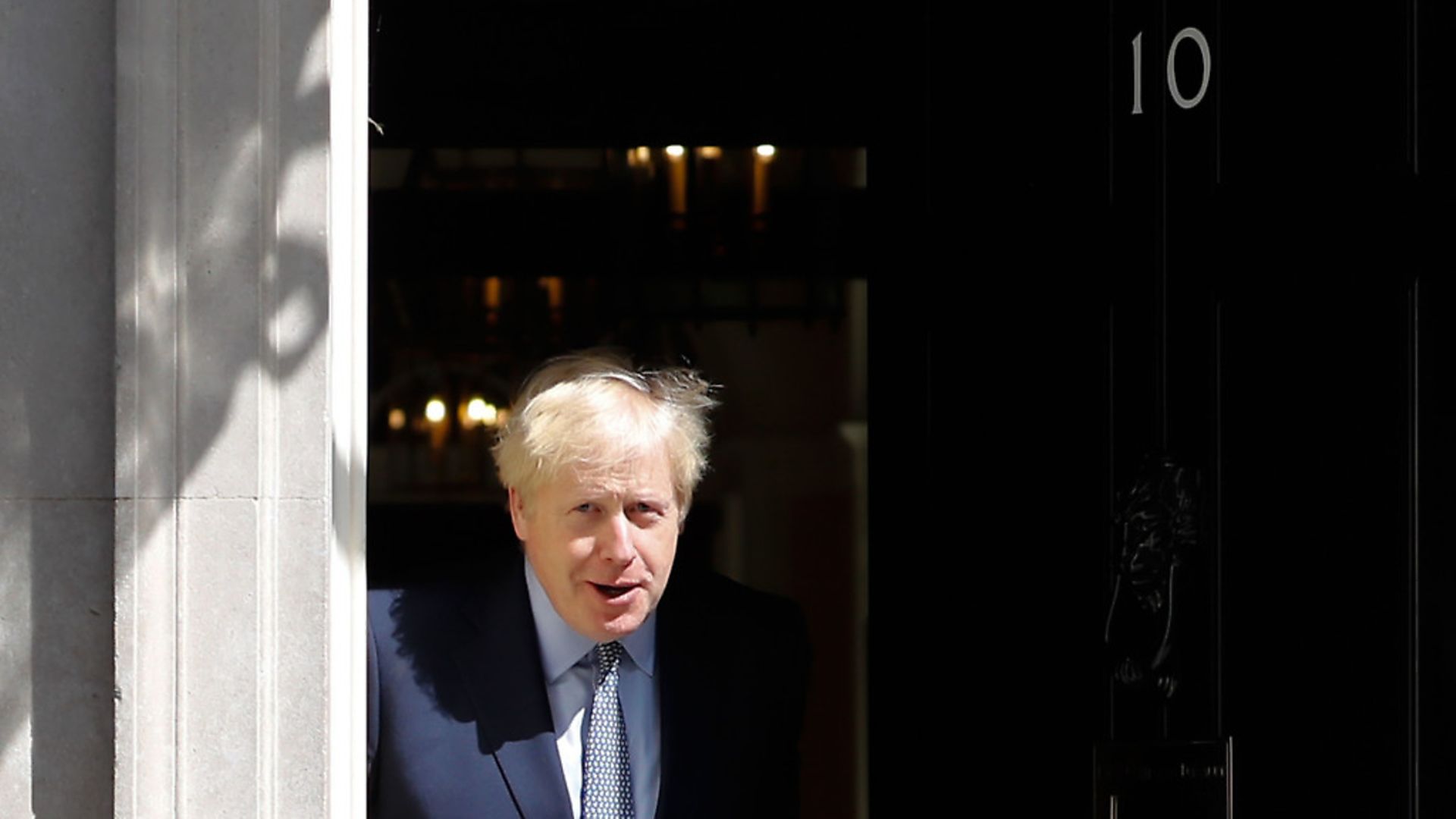
An autumn election requires hard choices and sacrifices – but does offer hope.
It doesn’t help anything to overstate, and I would never say living under an unelected, clownish prime minister hell-bent on national sabotage was in any way like descending into totalitarianism. But last week did remind me a little of the literature one associates with the fascist regime. A two-word rumour went round: September 4.
Was that the date of the next election? Did they even have time for an election so soon? Would parliament be recalled? Weren’t there rules against that kind of thing, and would anyone comply with the rules?
The picture sharpened: that was the date an election would likely be called, which would take place on October 17. With only whispers and in the absence of any grown-ups, it’s impossible to say whether this will transpire.
Another rumour says that Johnson will run down the clock on an election to get Brexit over the line before an election. The EU is now understood to take no-deal as Boris Johnson’s preferred option, a scenario he claimed only a month ago was a million to one against.
You can’t make predictions or assumptions in a situation where nothing is solid, no promise kept, words cast about without meaning.
To assume an election simply because nothing else makes sense presupposes that sense, one day quite soon, will return.
Yet let’s assume an imminent election, because nothing else makes sense. Recently, my only consolation was that, however much a Labour supporter might approach a general election with dread, it must surely be worse for Tories: with their leader so crowd-splitting that no amount of baby-kissing could mask it, with the Brexit Party threatening to field a candidate in every seat, with the words of that unnamed Conservative door-knocker inscribed on the conscience (in precis: basically, if you knock on the door and there are books in the house, they’re not voting Conservative), trying to summon the raw enthusiasm required of them will be like trying to bring a spirit back from the dead.
Yet, plainly, this doesn’t leave the left-Remain side much to be smug about.
It has got to the point, for the Labour party, where even if Jeremy Corbyn did finally succumb to the pressure of his MPs, the unions, the members and the voters, even if he came out trenchantly for Remain and sounded like he meant it, it is too late for the resounding victory that could have been theirs if they’d been fighting this corner all along.
There is too much animosity, too much betrayal, not enough trust. Anyone socialist first and Remainer second might buy a change of heart from the Labour leader; reverse those priorities, and there’s no chance.
In the absence of a single force to take on the most authoritarian, least competent government in living memory, the idea of a progressive alliance has been revivified.
Not because anyone truly relishes it: never mind the pragmatic challenges, it’s the least sexy election slogan ever, isn’t it?
“See all those bold convictions over there? We’re going to meet them with compromise.” It’s like taking some hummus to a gun fight.
But here the 2017 election is salient: albeit writ smaller, the same hurdles faced grass-roots activists then. While the Labour leadership studiously avoided any deals, at a local level there were many people campaigning for Corbyn in one constituency and Caroline Lucas in the neighbouring one.
There was a huge amount of generosity, from Greens in particular, at an electioneering level, and a huge amount of tactical voting, from students in particular, which recognised that results were more important than purity.
There was a surge of creativity in civic tech. An app which told students where their vote would be more effective, between their parents’ address and that of their university; people talk about the youth-quake as though the surprise results in university towns were the result of a sudden political awakening.
It’s also possible that students were already awake, they just got a lot more savvy and didn’t drop their votes meaninglessly into the ocean of their parents’ postcode. A vote-swapping app, where a Labour voter on the Isle of Wight could exchange with a Green in Lambeth, didn’t have a demonstrable impact, and I was convinced at the time it would be massive. But the democratic possibilities of tech are only going in one direction: nobody’s getting any less creative, any less engaged.
This all sounds nebulous, of course: if you want really crunchy collaboration, ideas that changed results, you have to go back a century, to the coupon election of 1918.
Stretch the parallels and they’ll snap; the compromising parties in that case were the Conservatives and the Liberals.
The issue that so divided the country that belief came, briefly, before party was the First World War, which had ended just weeks before.
It’s hard to fathom how anyone had the stomach to go onto a war footing, even a metaphorical one, so soon after an actual war. What’s interesting, for our purposes, is the mechanics: the parties, between them, selected the candidate best placed to win in each constituency – the coupon candidate – and won by a landslide.
A Remain coupon candidate, picked in each seat by the Liberal Democrats, the Greens, a noted and credible Remainer from the Labour party, and Plaid Cymru, would work. Analysis from People’s Vote, among others, suggests that this would result in a Labour candidate in many constituencies.
There will be Lib Dems who think Labour doesn’t deserve this windfall, having done nothing like enough to earn it; there will be Lib Dems, for that matter, who think having been such a steadfast Remain party could deliver them the nationwide renewal that could otherwise take decades, and they’d be fools to squander it on a little thing like cooperating with Labour to stop Boris Johnson.
There will be people making the argument that these top-down alliances create a democratic deficit, narrowing voters’ options to impossible binaries.
In a regular landscape, that would make sense; in ours, Brexit is the only issue that will define this election. It is a binary, either do it, or don’t do it.
It will never take its place alongside a range of other pressing issues. It will not recede until it’s over.
In these circumstances, a binary choice makes sense, and we have the embedded electoral knowledge to make it happen.
Of course this doesn’t mean there’s nothing to fear from an autumn election; there is everything to fear.
The prospect, like almost everything else 2019 promises, is terrifying. But nobody needs to surrender in advance.










